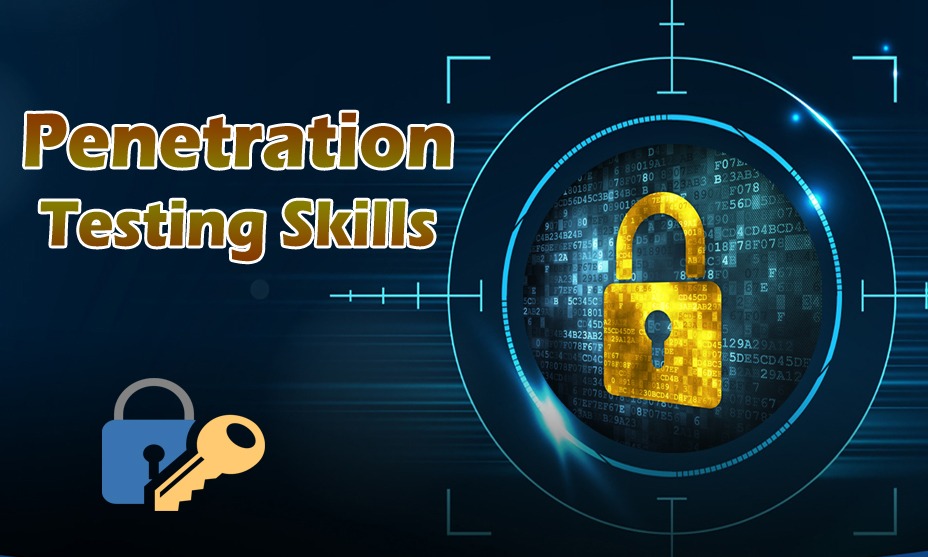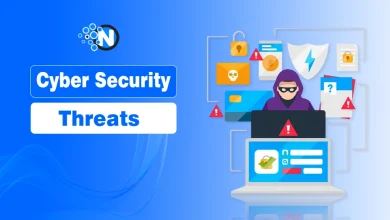
Penetration testing is an important part of cyber security and IT operations with the ever-growing number of automated attacks. It’s vital that you hone your skills in order to effectively protect your organization. There are a host of tools and techniques available for honing your penetration testing capabilities, from simple tutorials to more advanced methods such as Reverse Engineering and Exploit Writing. In this article, we’ll discuss how to improve your penetration testing skills with these effective tips, so you can keep on top of any malicious actors attempting to gain access to protected systems and networks.
What is Penetration Testing?
Penetration testing, also known as pen testing or ethical hacking, is the process of assessing the security of a system by attempting to breach its defenses. It’s used to test both the internal and external networks for vulnerabilities that could be exploited by malicious actors.
Penetration testing is an effective way to detect weaknesses in your application, system, or organization and make meaningful improvements to their security. With this kind of crucial information at hand, you can safeguard against vulnerabilities before they become a serious problem.
Ways to Improve Your Penetration Testing:
Learn the Basics about Pen Tools:
Implementing properly configured tools to detect vulnerabilities in networks and systems is essential for organizations that handle sensitive data. Learning how to use those tools should be a priority for all IT professionals. With the right training, they can create comprehensive profiles of exposed assets and pinpoint areas of vulnerability, as well as find out if their networks have already been compromised. Along with understanding the basics of vulnerability scanning, employees must also understand what not to do when using these tools as improper use can also lead to disastrous results. By taking the time to learn and practice these tools, IT teams will be better prepared to keep networks secure from threats.
Understand the Basics of Network Protocols:

It is important to be familiar with some of the most common network protocols, such as TCP/IP, HTTP, FTP, and DNS. TCP/IP breaks a data flow into manageable pieces that can be sent across networks. HTTP is responsible for the transfer of web pages between the server and the browser. FTP is a general-purpose protocol used to copy or move files across the internet from one computer to another. Finally, DNS serves as a static way to map domain names to physical IP addresses so that an internet user can resolve a website name even if its IP address changes. Understanding these protocols’ functions and capabilities is essential for anyone who needs to work on an organization’s network system or build their own private networks.
Take Online Courses or Training Programs and Stay Updated:
Whether you are a beginner or an experienced professional, there are many online courses and training programs that can help you strengthen your understanding of penetration testing. With today’s quickly changing technology, it is increasingly important to stay up-to-date with new attack methods. The best way to do this is to take advantage of a wide range of online courses and training programs that can provide you with the skills and knowledge necessary for staying secure in cyberspace.
These courses provide you with the opportunity to work at your own pace, gaining valuable information from the comfort of your own home. Of course, these courses may also require some self-discipline, as dedication and attention to detail are essential for absorbing the material correctly. If done properly, these courses will give you all of the resources necessary for developing an understanding of current cyber threats and staying secure in our ever-advancing digital world.
Familiarization with Penetration Testing:
Penetration testing is a vital component of any organization’s cybersecurity strategy. It allows you to identify issues before hackers have the opportunity to exploit them. To ensure that a penetration test is effective and comprehensive, it’s important to become familiar with the methodology and processes involved. This includes essential steps such as reconnaissance, which involves gathering information about a target, and exploitation stages, during which vulnerabilities are actively tested and exploited in order to assess. Familiarity with the different areas of penetration testing will ensure that you have an accurate representation of any vulnerabilities in your system security.
Practice Attacking:
Finding and exploiting vulnerabilities in systems is an important practice for anyone working in cybersecurity. One method of doing this is to create an isolated environment, such as a virtual machine, where attacking vulnerable hosts can be done safely without impacting real-world systems. It provides a great way to learn the methodology and hone skills while avoiding potential legal dangers. Key tools like scanning and exploitation frameworks can be used without fear of access credentials or compromise of other computers on the network within the isolation of the environment.
Join Professional Forums:
Learning about cybersecurity can be overwhelming, but forums are a great place to get started. Experts in the field participate in these conversations and you can ask them any questions or concerns that come to mind. You’ll get invaluable feedback from the community that you won’t find anywhere else and it’s likely to be far more structured than just searching through general articles, making it easier to find relevant material quickly and efficiently. Moreover, it can also help lead to important contacts that can provide future support or advice along your learning journey. So if you want to take your security knowledge to the next level, joining a forum of professionals is definitely worth looking into.
Conclusion:
Penetration testing is an essential tool for any organization that wants to remain secure in the digital space. Learning about penetration testing and gaining experience in the field can help you build a successful career and make sure that your network remains safe from potential cyber threats. If you want to establish a successful career in cybersecurity, it’s essential to keep up with the current industry trends and take online courses. Moreover, knowledge of penetration testing techniques is vital for success. To ensure that your skills remain sharp, practice attacking isolated environments and join professional forums – these are all excellent ways to stay prepared and ready for any challenge related to network security.




